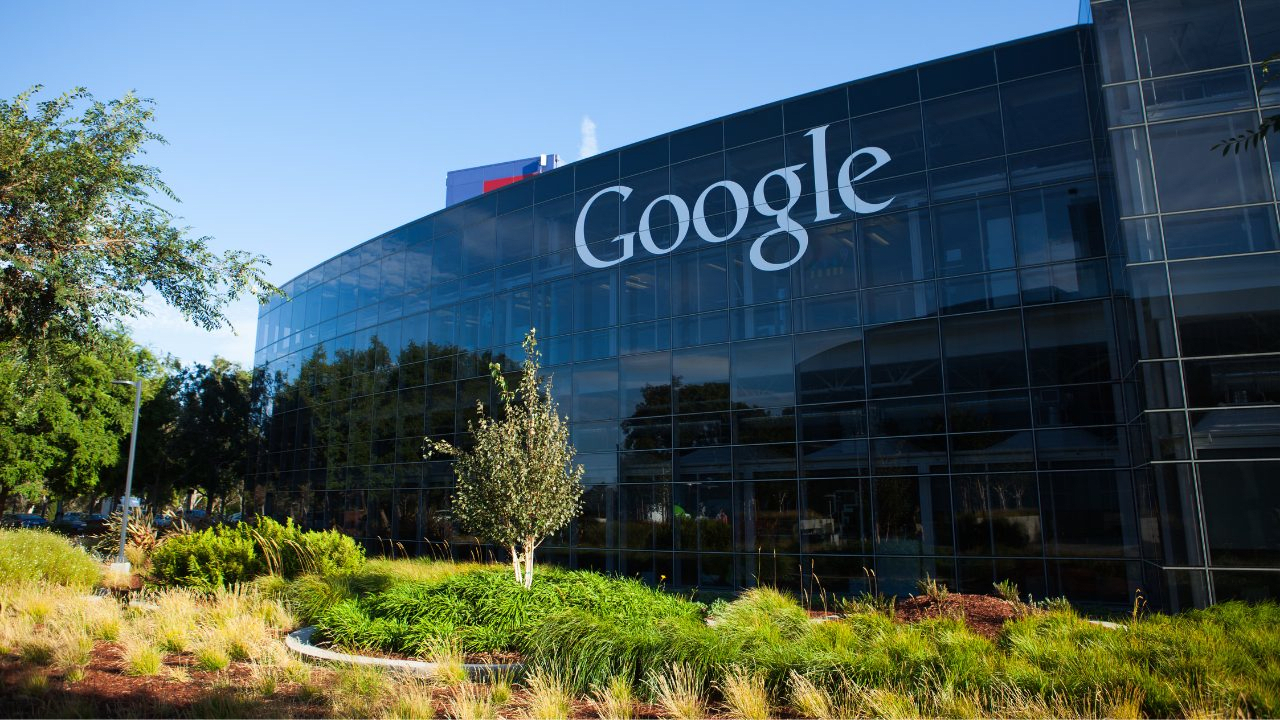The workplace industry has largely accepted that remote working will become a mainstay in the future, but is an office-free future truly practical?
For years now, experts have discussed central offices becoming less common, particularly as technology has allowed many workers to complete their tasks from the comfort of their homes.
This change first emerged with the rise of business parks and business districts like Canary Wharf in London. While these are all examples of the slow transition towards decentralized offices, the coronavirus has thrusted this move into the spotlight.
Serviced offices will struggle to recover from lockdowns as the majority of their customers, small and medium-sized businesses, will also be struggling. This will likely lead many companies opting for remote work arrangements to cut costs.
Dense spaces and open office plans will also become less popular as companies who do still opt for office space will only do so if there are private offices, strict cleaning regimens, and physical distancing guidelines in place.
Despite companies gravitating towards remote working, humans still crave social interaction and many do miss having face-to-face contact with colleagues. Having a sense of community is vital for many workers to be productive and can be hard to replicate virtually. Overall, offices won’t be going anywhere — they’ll just be undergoing some changes.














